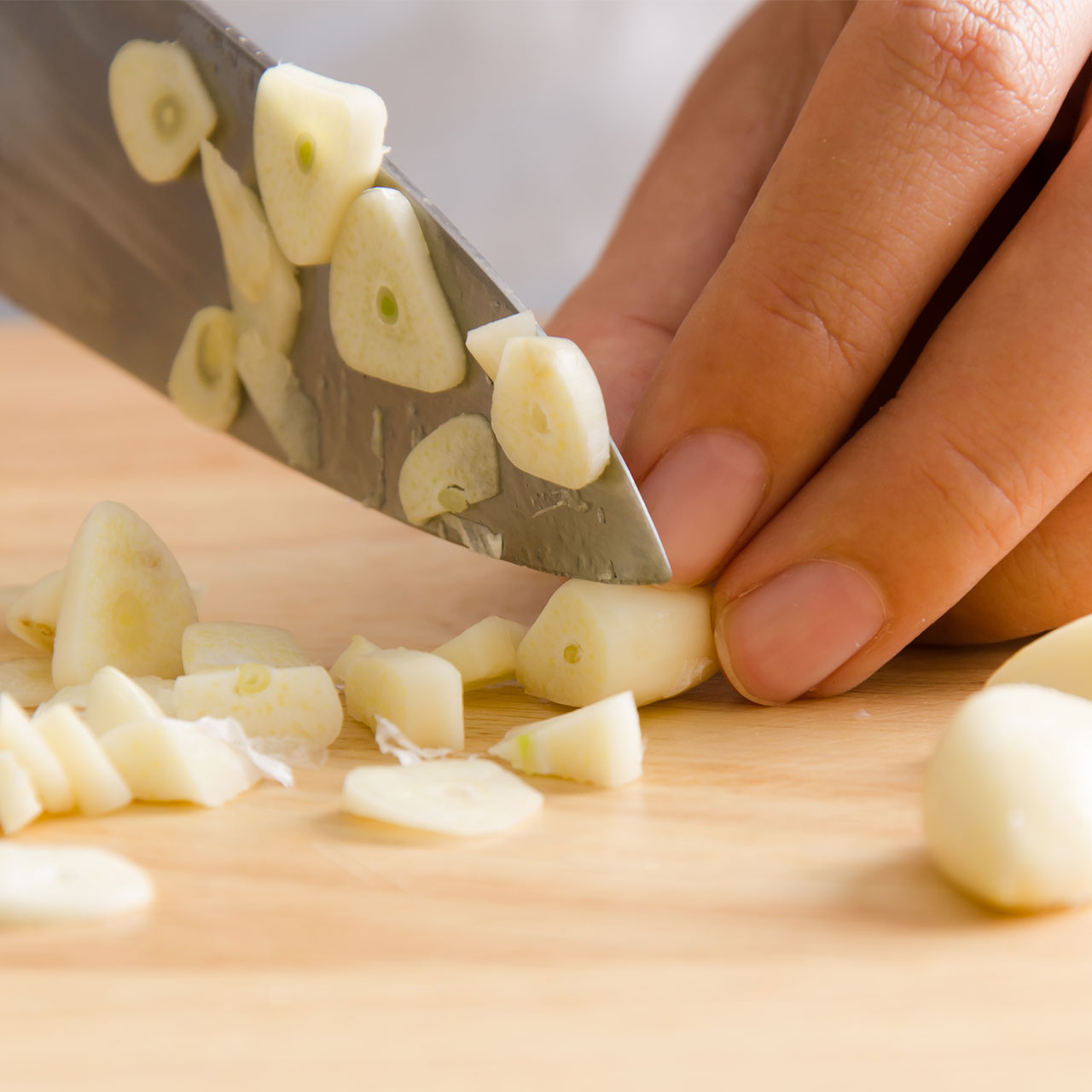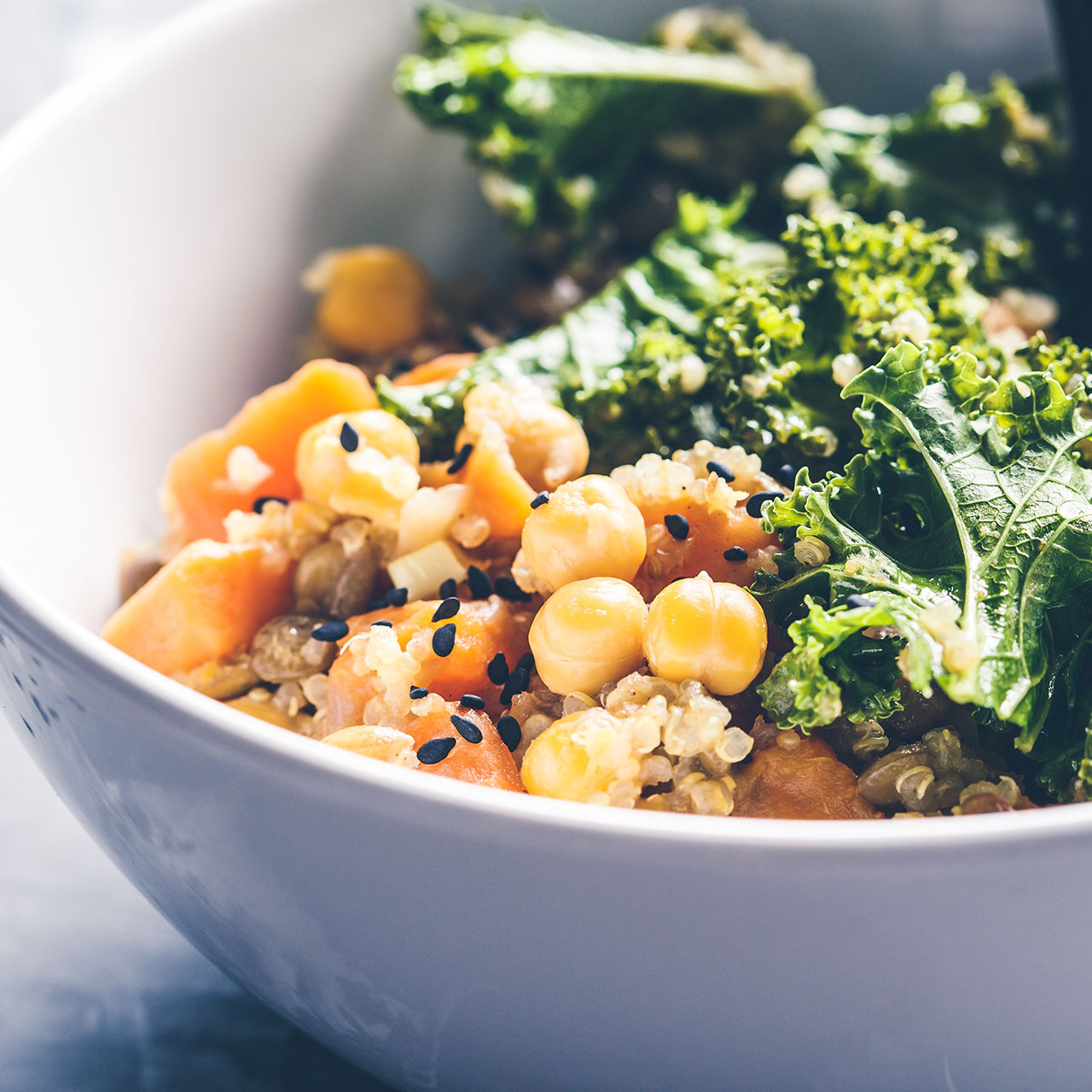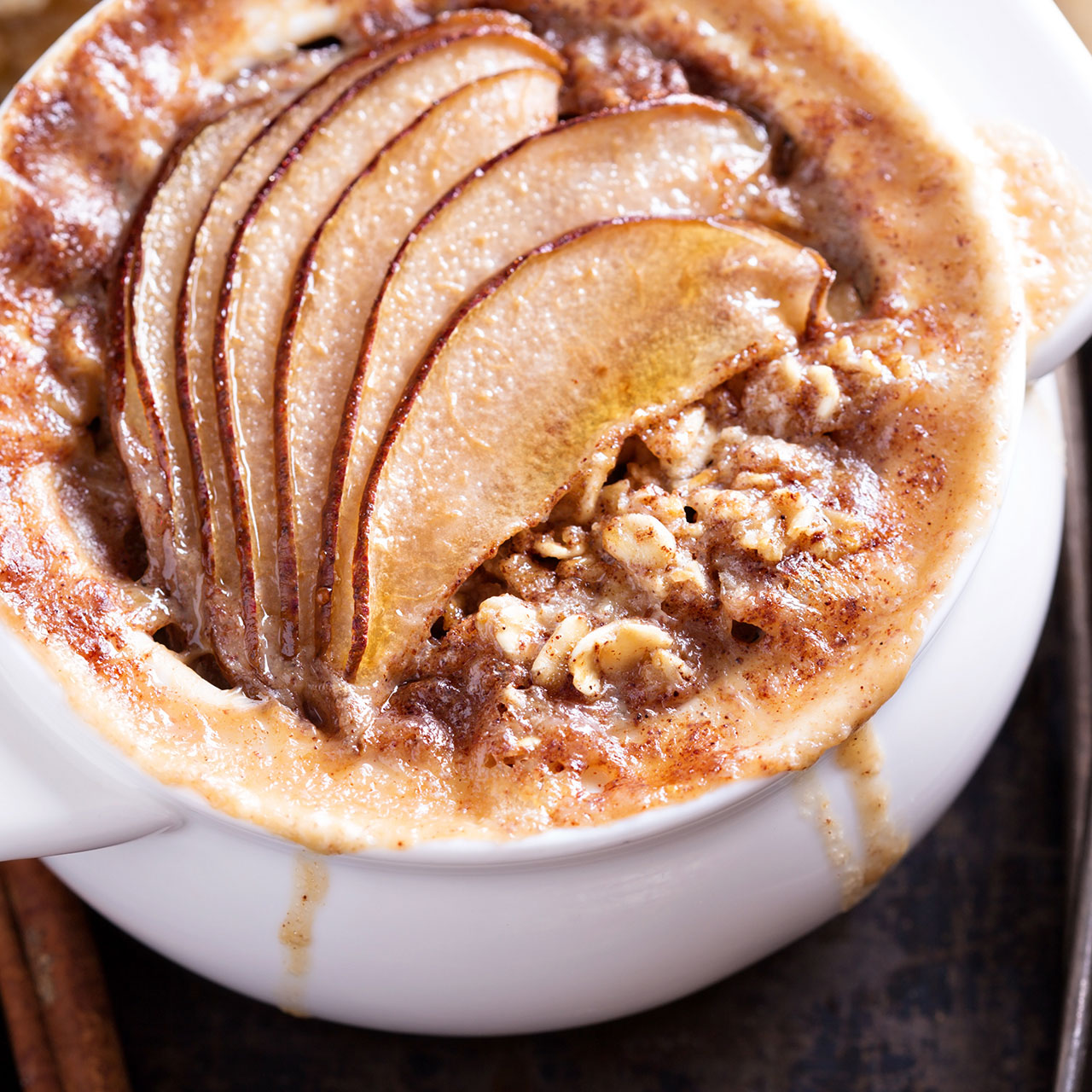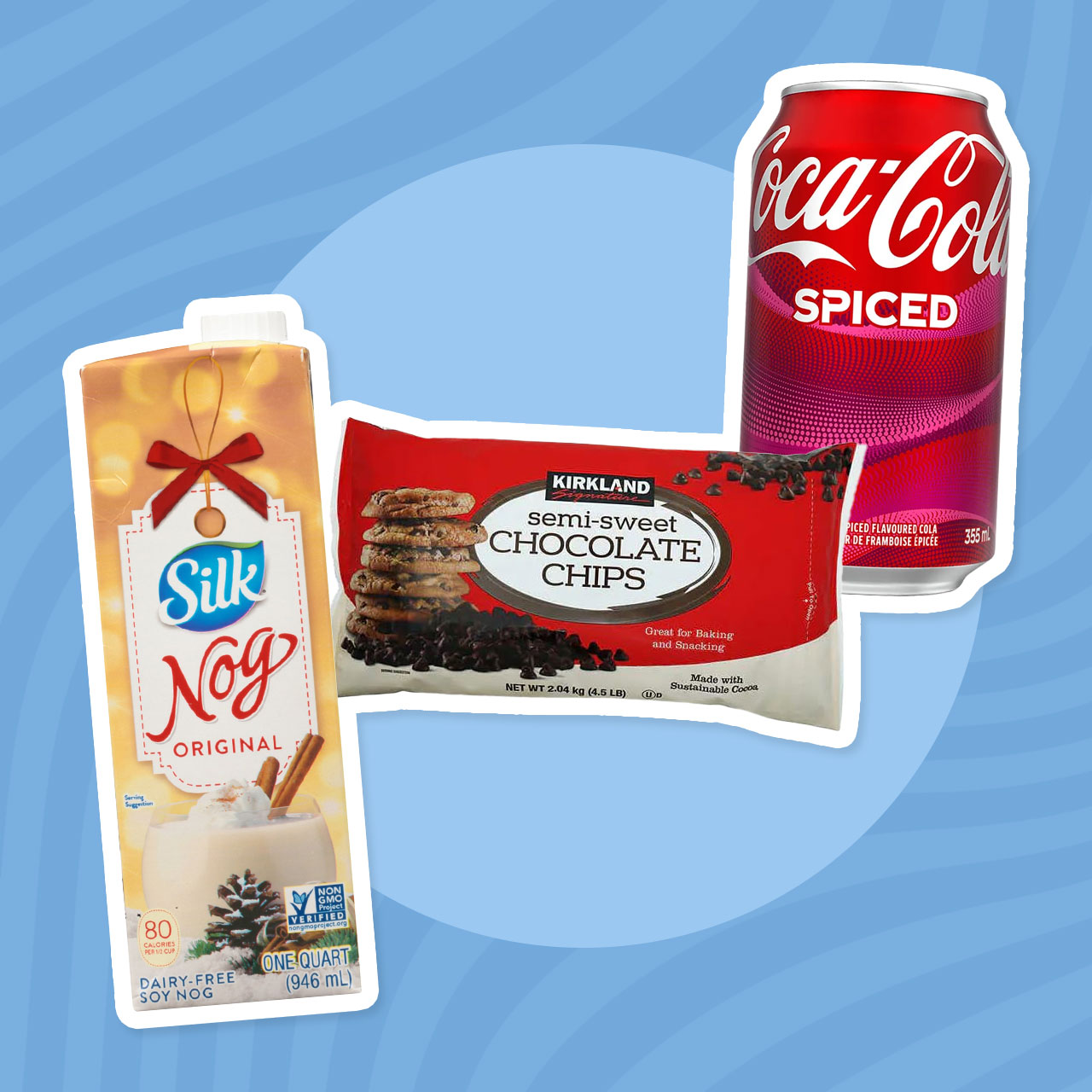This is an archived article and the information in the story may be outdated. Please check the time stamp on the story to see when it was updated last.
Oatmeal is inarguably one of the most popular breakfasts for weight loss at the moment for its versatility in preparation as well as the nutrients it offers your body. A slow releasing carb, oats are great for providing sustained energy throughout the morning, keeping you full and satiated, and in turn limiting overeating. Made chilled for overnight oats or on the stovetop, you can change your oatmeal recipe by the season to work for your particular needs.
Oats are often served with berries, nuts, and seeds to add some additional flavoring and crunch, but just as there are toppings that can help forward you towards your weight loss goals, there are additions you could make which may decrease the nutritional value of your oatmeal overall. As you’re preparing your breakfast next, there’s one ingredient you should be cognizant of avoiding if you want to make the most out of your oatmeal for weight loss, in turn preserving your metabolism.

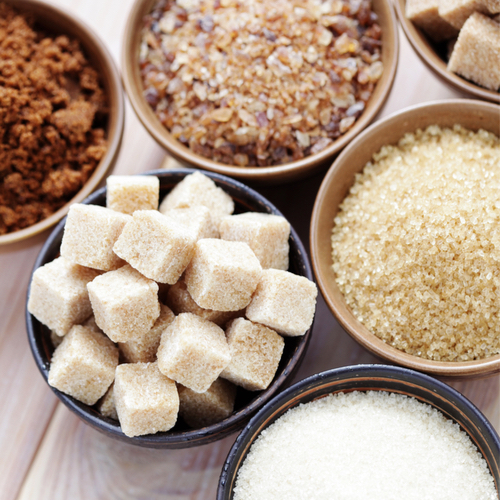
Refined white sugar is one of the most common causes of weight gain as it is high in calories and skyrockets your blood sugar, leaving your body in turmoil when consumed regularly. However, it’s not just white sugar that should be left out of your oatmeal--the same goes for brown as well. While brown sugar oatmeal is one of the most popular pre-packaged variations to recreate, even making your bowl from scratch and adding in brown sugar can load up your breakfast on calories with little other nutritional value, ultimately making it more difficult to reach your weight loss goals.
“Oatmeal can have a tendency to spike blood sugar which causes an increase in insulin. A drop in insulin is needed in order for fat burning to take place. Although there is fiber in oatmeal which causes a slower rise in insulin, those blood sugar spiking tendencies can still occur especially when oatmeal is paired with the wrong foods,” explains Dr. Lisa Leslie-Williams, Pharm D.
While sweetener is still needed in your oats, try going the more natural route and using peanut butter, maple syrup, or honey to flavor your oatmeal instead of regular sugar. These options do still contain sugar so you'll need to make sure you’re consuming them in moderation, but they also offer more nutrients than a heaping spoonful of white or brown sugar will.
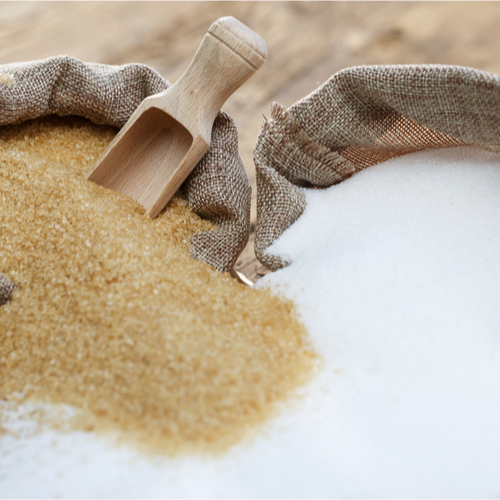
Also high in artificial sweeteners, instant oatmeal packets should be avoided as well, especially if you find yourself adding more sugar to your bowl after heating up your oats. Higher in calories than making rolled oats from scratch, these instant packets are highly processed and can have a higher glycemic index, meaning they’re broken down in the body more quickly. Following the issue of sugar, highly sweetened instant oatmeal packets for breakfast will not keep you full for as long as oats from scratch as they’re quickly digested by your body and will leave you hungry shortly thereafter.
As for other healthy toppings you can add to your oatmeal which may provide some sweetness without overloading your sugar intake, Leslie-Williams suggests, “Add lower sugar high fiber toppings like blueberries, sunflower seeds, pumpkin seeds and raw nuts. Those are much better options if you'd like to keep metabolism fast and fat production slow.”
Oatmeal is a great breakfast option which will allow you to reach your weight loss goals, but it’s still important to take a look at the ingredients you’re adding to your bowl in order to properly evaluate the health benefits of this meal, and added sugar will not do you any favors.





















